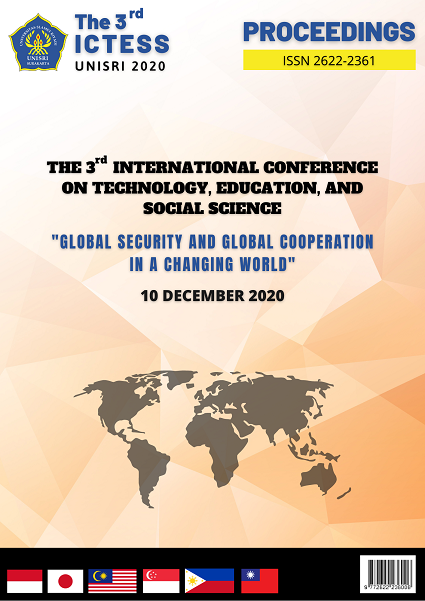COMMUNITY TOURISM COLLABORATIVE GOVERNANCE (CTCG) IN MARON VILLAGE GARUNG WONOSOBO
Abstract
The concept of Collaborative Governance is used in various sectors of government both central and regional in order to maximize service and solving problems in the government sector. In the tourism sector, for example, the concept of collaborative governance is considered able to solve various problem. This is due to the dynamic nature of the tourism industry in line with the concept owened by the private sector which become a partner of the government in collaborative governance. In Maron Village, Wonosobo has implemented the concept of Community Tourism Collaborative Governance (CTCG) and has socio-economic impacts for the community, but the are still problems in this application such as the unequal role of each stakeholder. This study aims to find out and to analyze what are the causes of the unequal Community Tourism Collaborative Governance (CTCG) in Maron Village. The research method is qualitative with a descriptive approach that understands deeply about the object under study. The data obtained in this study are primary and secondary data obtained from in-depth interviews and Focus Group Discussion (FGD) with various stakeholders involved in CTCG. The results show that the causes of the unequal CTCG in Maron Village is that there was still a tug of interest both from government agencies and the community in one of the Menjer Lake tourism object. In addition, the competency of the human resources also caused the unequal implementation of collaborative governance. The findings in the research show that the involvement of stakeholders from the government, privat sector and the community has been fulfilled, but the inequality of competencies that still depends on several stakeholders. Keyword: Collaborative Governance, Community Tourism, StakeholdersDownloads
Published
2021-02-05
Issue
Section
Artikel

